
By Kingsley Webora TANKEH
The Institute of Statistical, Social and Economic Research (ISSER) has affirmed that government’s fiscal consolidation efforts remain on course.
However, it has raised concerns about the country’s escalating national debt – noting that only a small proportion of the borrowed funds has been channelled into capital projects which drive sustainable growth.
Public debt increased from 43.9 percent of GDP in 2013 to around 72 percent in 2023. However it reduced slightly to 61.8 percent by end-2024, following some debt relief achieved through the debt restructuring programme.
Meanwhile, capital spending increased by only 0.1 percent in 2024 to 2.5 percent of GDP from the 2.4 percent recorded in 2023.
The country’s debt-to-GDP ratio stood at 43.8 percent as of June 2025.
This shows a worrying trend of divestment for capital projects, having diminished drastically from 6.9 percent of GDP in 2010.
Speaking at the State of the Ghanaian Economy Report (SGER) 2024 launch, Director of the institute Prof. Robert Darko Osei expressed a need for government to improve its investment efficiency by ensuring that every dollar borrowed is invested in productive ventures capable of generating sustained returns.
He said for debt to be useful for economic growth, it must be used to undertake capital projects including expansion of education and health reach.
The State of the Ghanaian Economy Report (SGER) 2024 highlighted economic recovery in 2024, with analyses of performance indicators and drivers of growth.
The report recommended that government borrows responsibly at near concessionary rates as possible and resource the Public Accountability and Governance Committee (PIAC) to provide oversight of government debt in ensuring transparency and accountability.
It also stated that government should reduce recurrent spending and consider establishing a Value for Money Authority to thoroughly vet government spending.
Prof. Osei noted the country’s over-reliance on mineral exports, especially gold – which surged significantly in the past few months, stressing a need to diversify the country’s exports to grow its economy.
He revealed that this surge in gold exports has made South Africa Ghana’s major trading partner, with over 84 percent of exports to the Southern African country being gold.
As illegal gold mining – popularly known as galamsey – continues to ravage water-bodies and land, the researcher called for a nuanced approach to mining; not an outright ban on small-scale mining.
“The answer is not, let’s stop all mining activities. Let’s not throw the baby out with the bath water. If the issue is about the process and how we get the gold, then let’s tackle that.”
Prof. Osei said there should be cost-benefit analyses, advocating investment in research to gather “the right evidence” to shape future mining policy. “We need to invest in getting the right evidence to inform policy,” he added.
He advised government to fund more research into the potential impact of these activities on agriculture, which he said is supposed to be the bedrock of economic transformation.
With gold being linked to environmental issues, especially gold mined through galamsey, the question lies in how this menace can be tackled without impacting the foreign exchange potential of an import-dependent economy like Ghana’s.
Prof. Peter Quartey, Director of ISSER
Meanwhile, the immediate past Director of ISSER Prof. Peter Quartey, while commending the Bank of Ghana (BoG) for its effective inflation targetting, warned that economic growth shouldn’t be sacrificed on the altar of inflation targetting.
Responding to a question on BoG’s open market operations, he said he was taken aback when the Governor said inflation will reduce further by end of the year, stressing that inflation is already in the target band of 8 plus or minus 2.
Prof. Quartey emphasised that “we should strive to attain an optimal rate of inflation”, noting that some level of inflation is good.
“We need optimal inflation to get growth because we are not spending. I would love to see deficits, reasonable rates of inflation and some stability in the exchange rate – not at the expense of growth and jobs.”
He stressed that BoG should determine a threshold for its inflation-targetting, saying, “we need to estimate that threshold for growth”.
“I have seen a paper by the IMF from years back saying that, for a developing country, anything between 10-12 percent is optimal,” he recounted.
The post Fiscal consolidation on track, invest in capital projects – ISSER appeared first on The Business & Financial Times.
Read Full Story
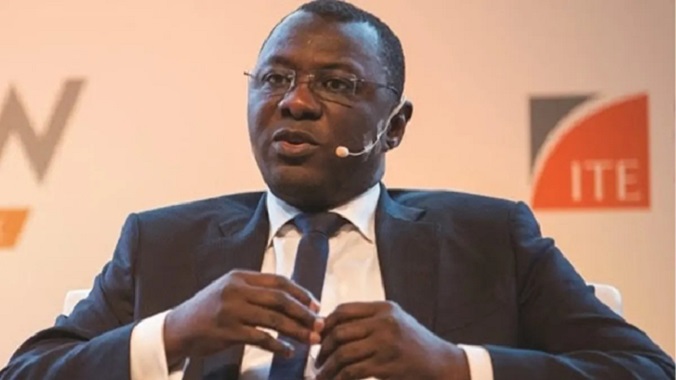

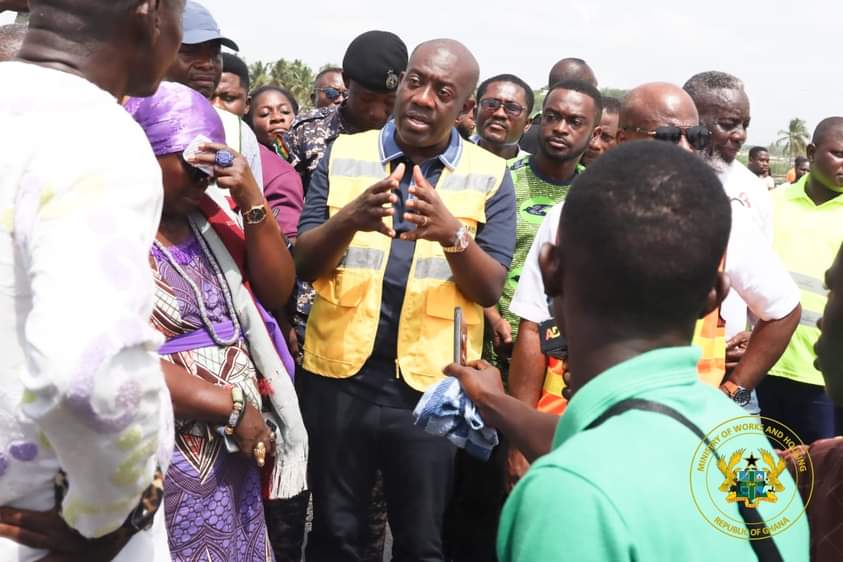
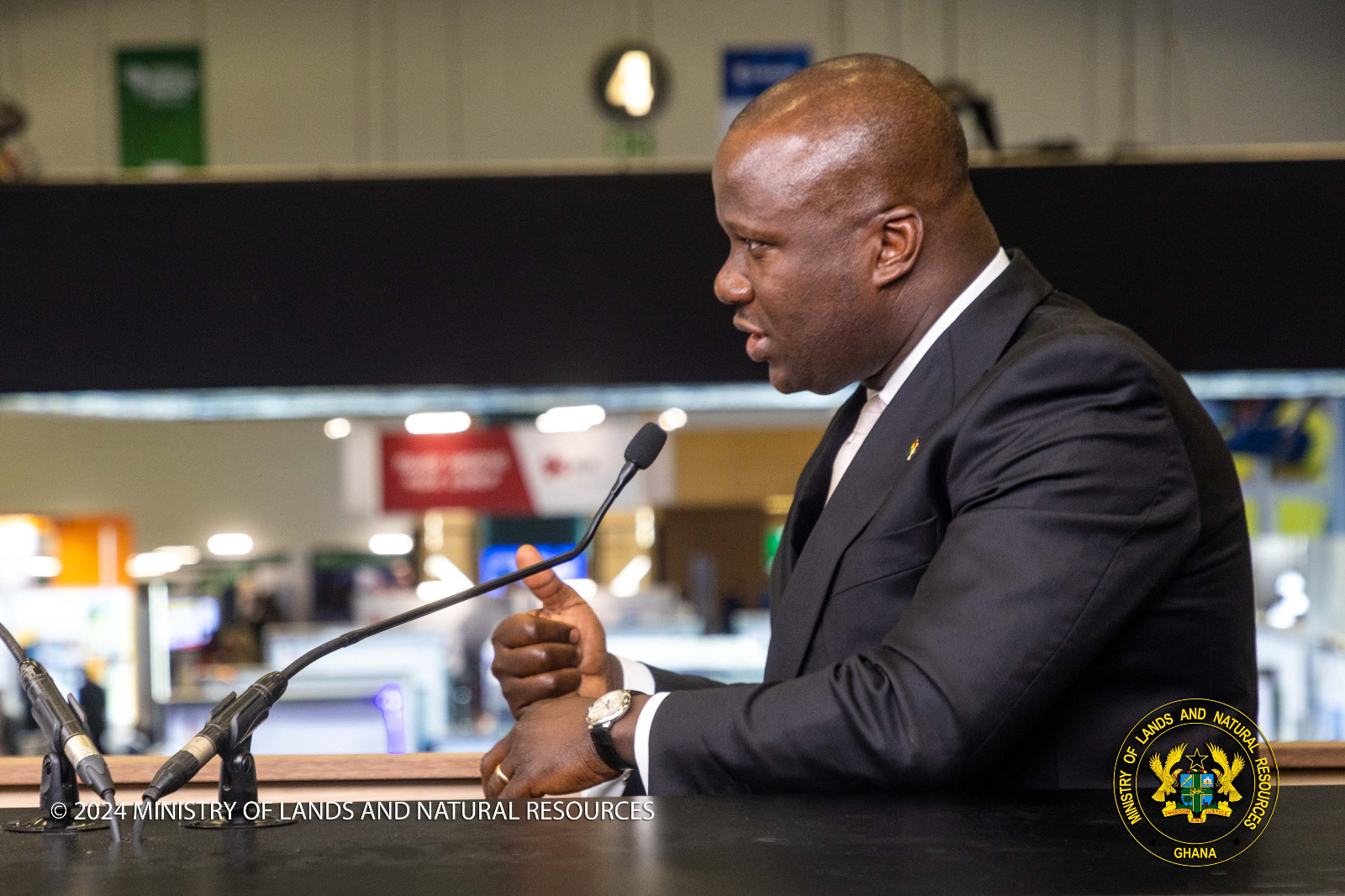
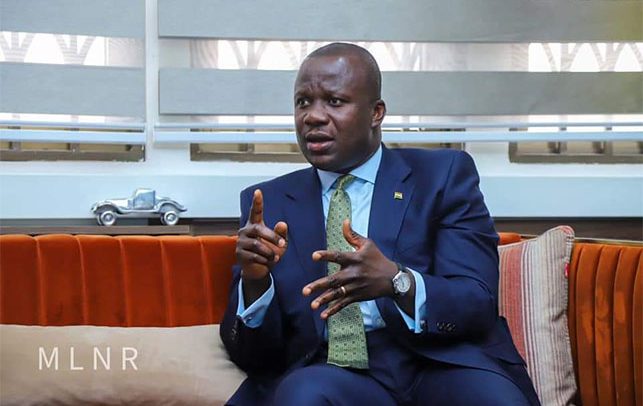
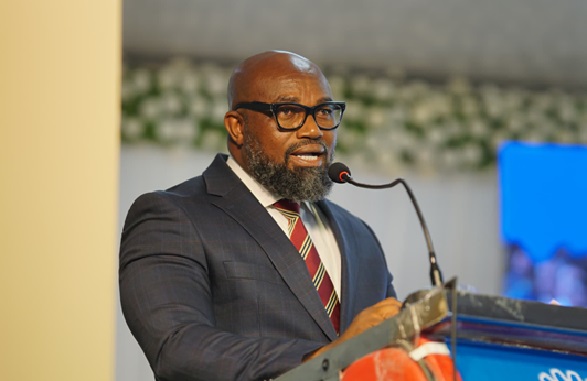

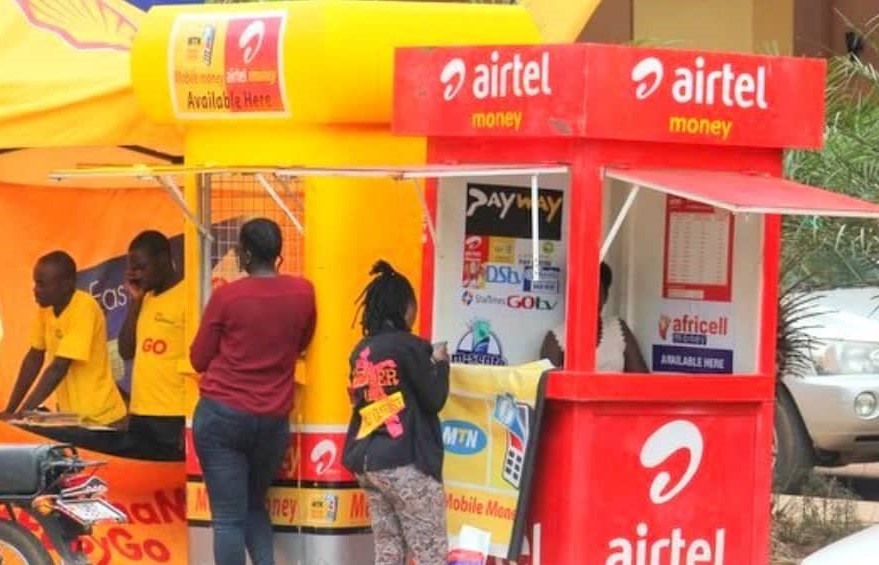




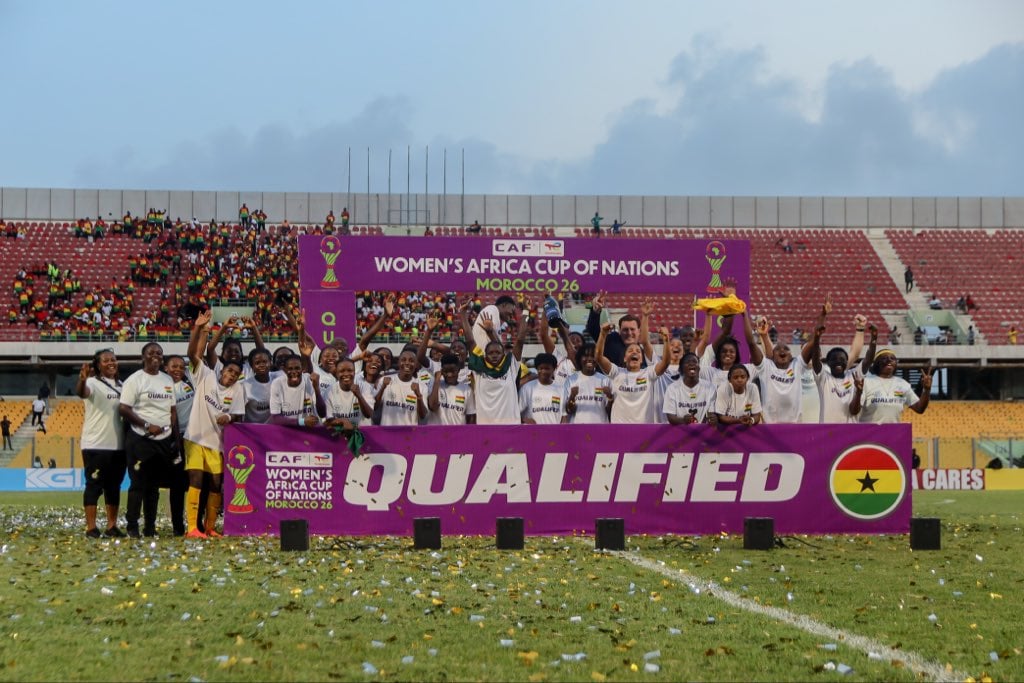

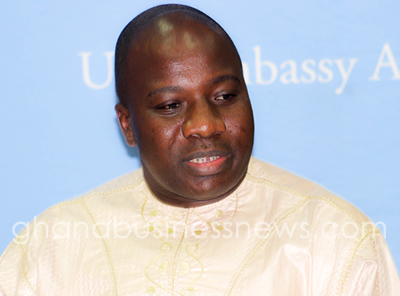




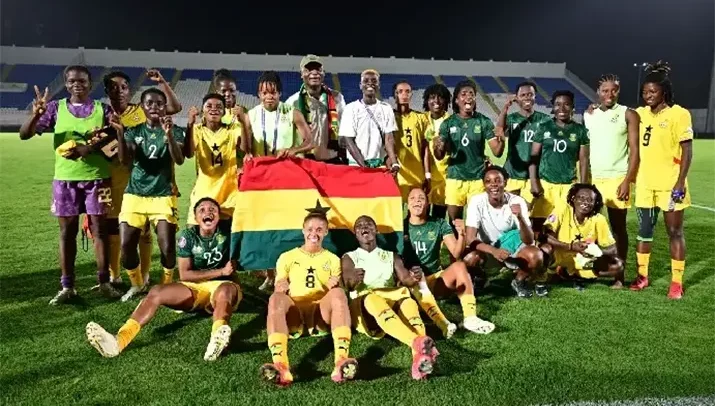

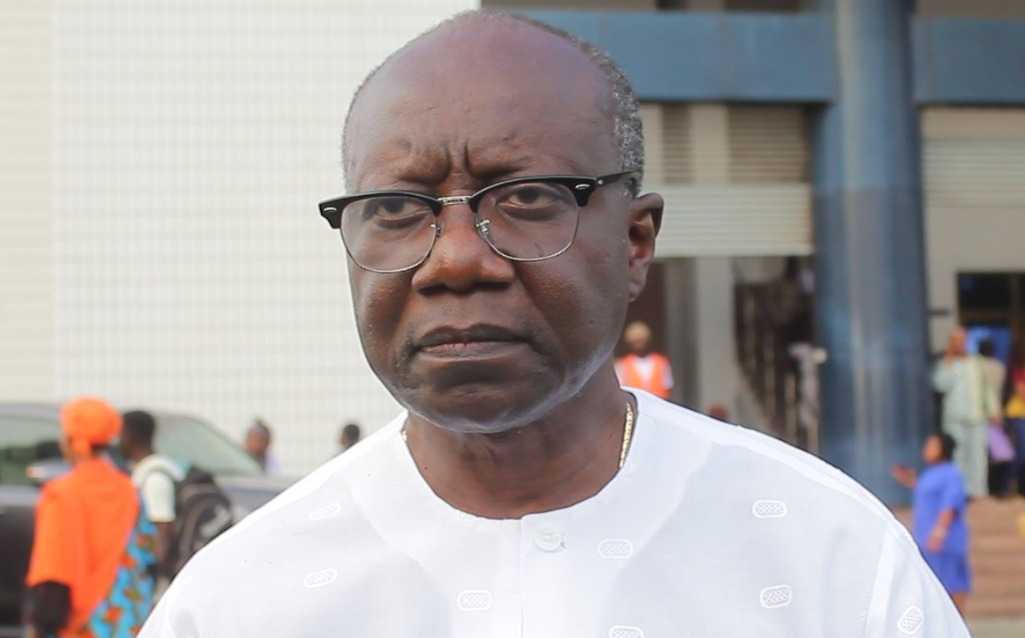
Facebook
Twitter
Pinterest
Instagram
Google+
YouTube
LinkedIn
RSS